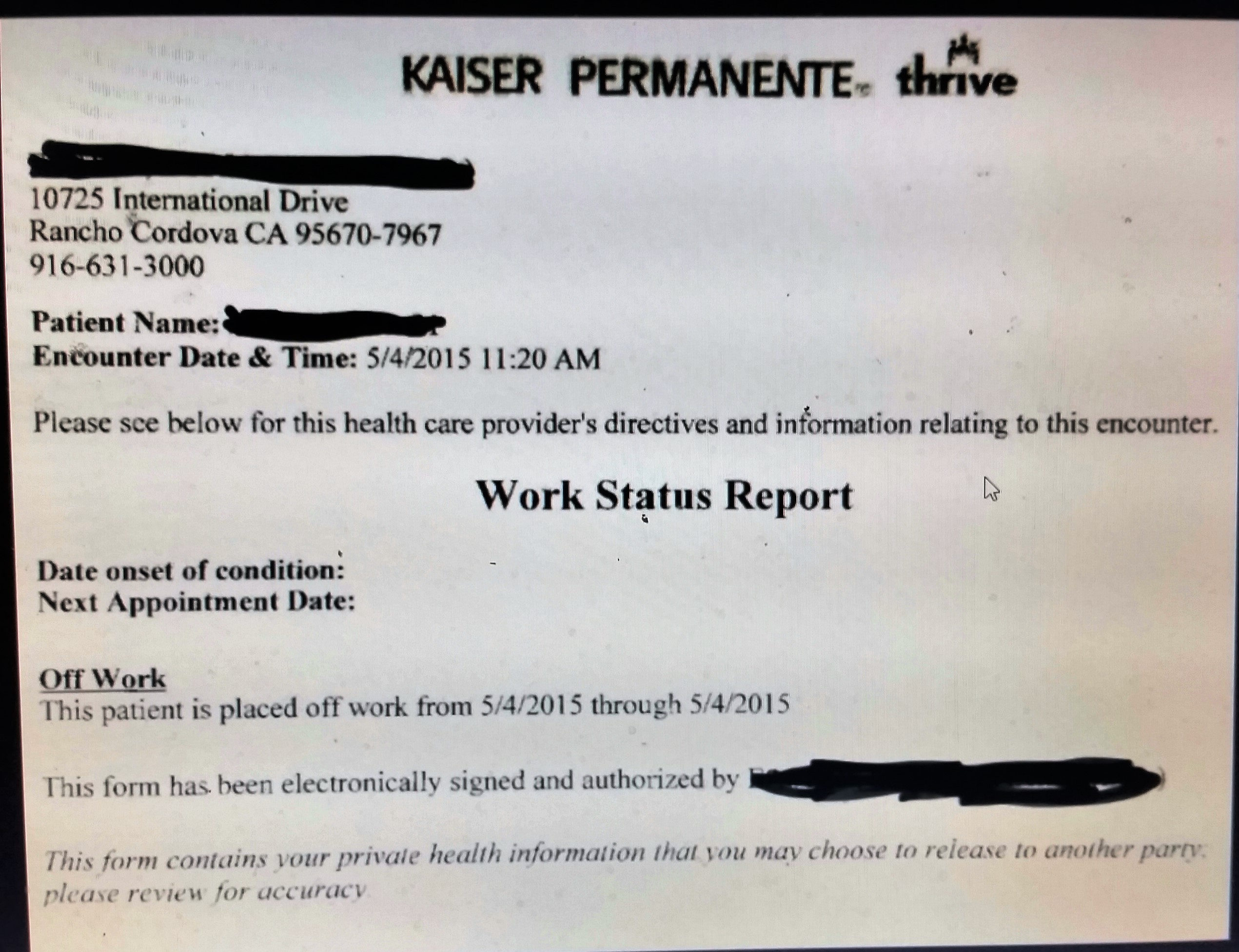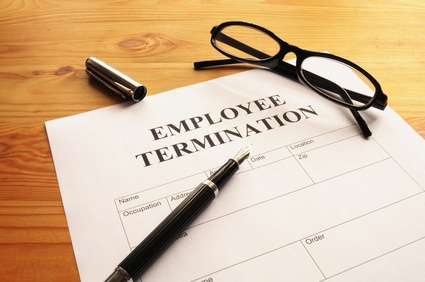Your Workers Comp Claim and SDI Disability Benefits
In the video below I explain why it’s important that you file for SDI state disability benefits as soon as possible after you sustain an on-the-job / industrial injury and file a workers comp claim.







